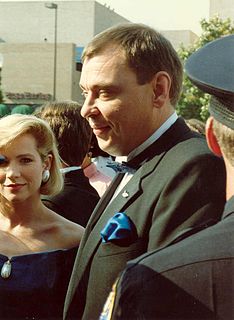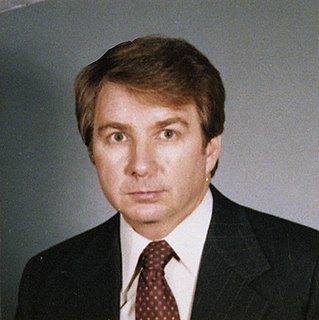A Quote by Erica Jong
The only rule I have when writing is to try to tell the truth. That doesn't mean you can't exaggerate, edit, rewrite things to make them more dramatic. But emotional truth is what I look for in writing.
Related Quotes
Writing has to do with truth-telling. When you're writing, let's say, an essay for a magazine, you try to tell the truth at every moment. You do your best to quote people accurately and get everything right. Writing a novel is a break from that: freedom. When you're writing a novel, you are in charge; you can beef things up.
When I was writing the memoir, every page was a battle with myself because I knew I had to tell the truth. That's what the memoir form demands. I also had to figure out how much of the truth do I tell, how do I make the truth as balanced as I possibly can? How do I make these people as complicated and as human and as unique and as multifaceted as I possibly can? For me, that was the way I attempted to counteract some of that criticism.
Rules for a White House Spokesman: No. 1 is always tell the truth. I've got only one currency, that's the truth. There are 10,000 ways to say "no comment," and I've used 9,999 of them. The second rule is don't be afraid to say, "I don't know." You may look dumb, but if you don't know you can't give them hot air because it always shows on your face.
Sometimes I don't tell the truth, which is telling the truth about not telling the truth. I think people don't tell the truth when they're afraid that something bad's going to happen if they tell the truth. I say things all the time that I could really get into trouble for, but they kind of blow over.
The very dull truth is that writing love scenes is the same as writing other scenes - your job is to be fully engaged in the character's experience. What does this mean to them? How are they changed by it, or not? I remember being a little nervous, as I am when writing any high-stakes, intense scene (death, sex, grief, joy).
Trying every day to tell the truth is hard. There are harder things, of course - arguably, living with lies and meaninglessness, living in despair is harder, but it's hardship disguised as luxury and easier perhaps to grow accustomed to, since truth is usually the enemy of custom. There are harder things than writing, being President Obama, for instance, and having to deal with House Republicans, or trying to fix the leak at the Fukushima reactor, these are harder, but writing is hard.
[Eugene Smith] was always writing these diatribes about truth, and how he wanted to tell the truth, the truth, the truth. It was a real rebel position. It was kind of like a teenager's position: why can't things be like they should be? Why can't I do what I want? I latched on to that philosophy. One day I snapped, hey, you know, I know a story that no one's ever told, never seen, and I've lived it. It's my own story and my friends' story.







































